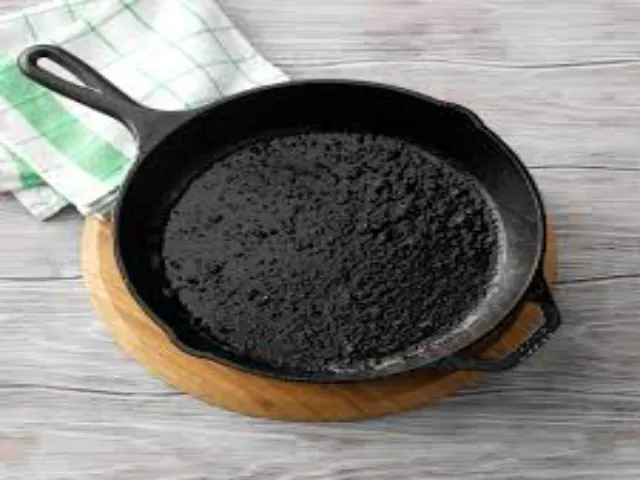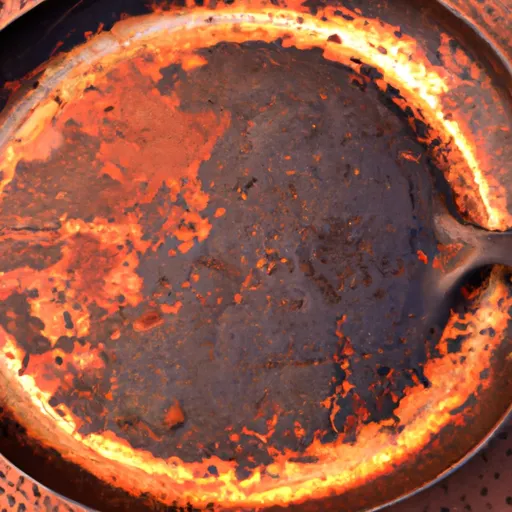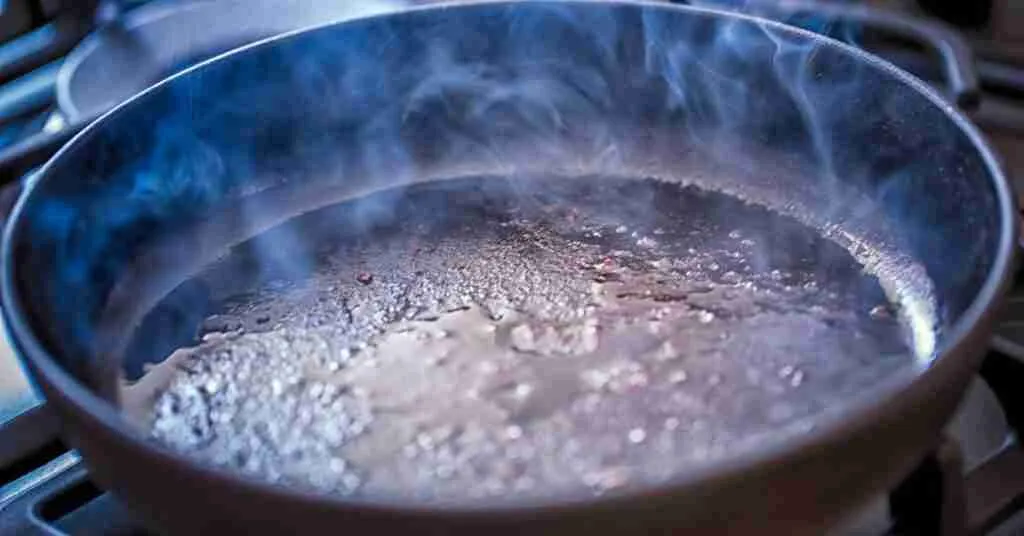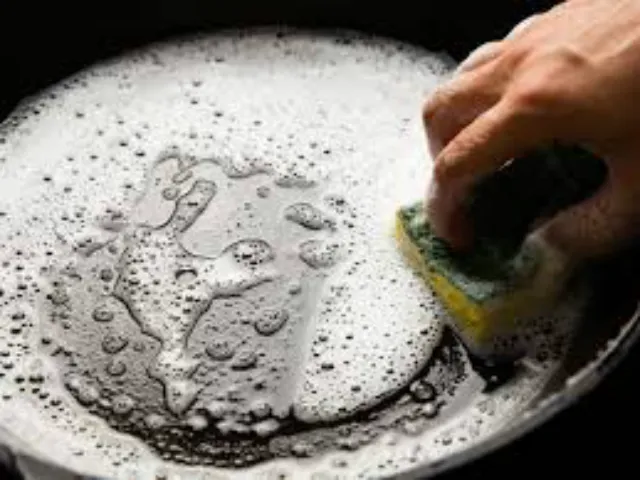The age-old debate about whether or not to use soap on a

Table of Contents
Key Takeaways
- Soap is Safe: Modern dish soaps are gentle and won’t harm the seasoning on your cast iron.
- Proper Technique: It’s all about how you use the soap and the aftercare that ensures the longevity of your pan.
- Trusted Sources Agree: Even renowned manufacturers like Lodge say it’s okay to use soap.
The Cast Iron Controversy
The primary concern about using soap on cast iron stems from the potential removal of the pan’s seasoning. Seasoning is the build-up of polymerized oils and fats on the pan’s surface, which creates a natural non-stick layer. The belief is that soap, being a degreaser, would strip this layer away.
However, this is simply not the case.
The Science Behind Soap and Cast Iron
Soap works by breaking down oils and grease, making it easier to wash them away. But the seasoning on a cast iron pan isn’t just regular oil; it’s a polymerized layer that has bonded to the surface of the pan through the process of heating and cooling.
This makes it resilient to the effects of soap for the most part. Now, you don’t want to let your cast iron sit and soak for long periods of time, though.
Furthermore, modern dish soaps are much gentler than their predecessors. They are designed to be effective on grease but gentle on hands and surfaces. This means that they can clean without being overly aggressive on the seasoning of a cast iron pan.
Can You Wash Cast Iron With Soap?
How to Properly Clean Cast Iron with Soap
- Rinse First: Before applying soap, rinse the pan with warm water to remove any loose food particles.
- Apply a Mild Dish Soap: A few drops will do. Gently scrub using a soft brush or cloth.
- Rinse Thoroughly: Ensure all soap residues are washed off.
- Dry Immediately: Use a towel to dry the pan completely. This prevents rusting.
- Heat on Stove: Place the pan on the stove on low heat to ensure it’s completely dry.
- Lightly Oil: After cleaning, apply a light layer of oil and heat the pan to maintain its seasoning.
For More Insight
For those who prefer a visual demonstration, here is a video we made that provides more insight into this topic:
Frequently Asked Questions (FAQs)
Will soap ruin the seasoning on my cast iron pan?
No, using a mild dish soap will not ruin the seasoning on your cast iron pan. The seasoning is a result of polymerized oils that have bonded to the pan’s surface, making it resilient to the effects of soap. However, it’s essential to use soap sparingly and ensure you rinse it off thoroughly.
Can I use soap on a newly seasoned cast iron skillet?
It’s best to avoid using soap on a newly seasoned skillet for the first few uses. Once the pan has been used multiple times and has a well-established seasoning, you can start using soap occasionally.
How often should I use soap on my cast iron?
There’s no hard and fast rule. Some people prefer to use soap every time they clean their skillet, while others use it sparingly. The key is to listen to your pan. If it retains food smells or feels sticky, it might be time for a gentle wash with soap.
What if my cast iron skillet has rust?
If your skillet has rust, it’s essential to remove it before cooking. You can do this using a mixture of salt and a little water to create a paste. Scrub the rusted area with this paste using a brush or cloth. Once the rust is removed, rinse the pan, dry it thoroughly, and re-season it.

Tables with Relevant Facts
| Fact | Explanation |
|---|---|
| Seasoning | A layer of polymerized oil on the cast iron surface that provides a non-stick quality. |
| Rust Formation | Occurs when the iron in the skillet reacts with oxygen and moisture. |
| Cleaning | Always dry your skillet immediately after washing to prevent rust. |
| Re-seasoning | Necessary if the skillet becomes dull, has rust spots, or if food starts sticking. |
So, there’s been this long-standing chat about whether it’s cool to use soap on cast iron pans. Old-school thought was a big “nope” because they believed soap would mess up the pan’s awesome seasoning or make it go all rusty.
But here’s the deal: the seasoning on our trusty cast iron isn’t just some regular oil. It’s this super layer that’s all bonded and tough, which means it can totally handle today’s milder soaps. Just be smart about it—give it a good rinse, use a little soap, and dry it off well.
And hey, if you’re ever in doubt, there are tons of videos and articles out there that back this up.
Oh, and one more thing: Remember, the key to keeping your



